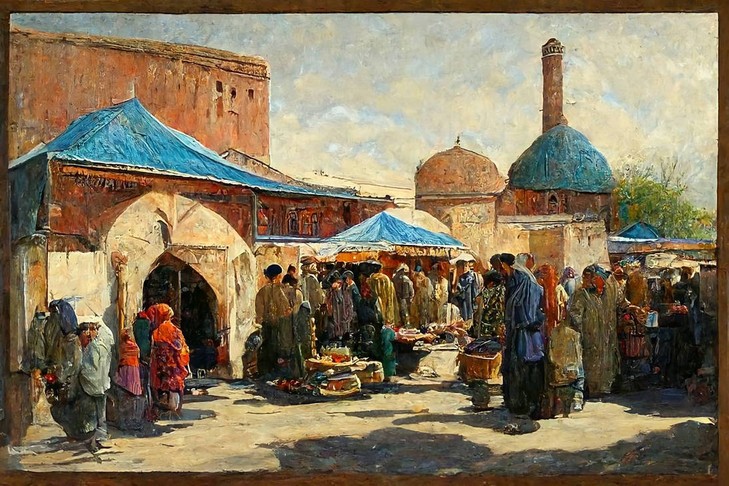What is Orientalism and why it is important?
Javohir Akramov

Orientalism is the study of the Orient, and an orientalist is a scholar who studies the Orient as such. But what is the Orient? That depends.
Edward Said identifies Napoleon’s invasion of Egypt as a “starting point.” During this time, science, measurement, mapping, representation, race sciences (1789), and civilizational anxiety were all heightened in new ways. Said did not create or study the “Orient.” Instead, he studied how we come to believe that such a thing as “the Orient” actually exists, with distinct, fixed, and durable truths about it.
The construction of the Orient was more about the “Occident” (which can essentially be considered the West or Europe) distinguishing itself from the Orient. The backbone of Orientalism is the double helix of ideas and military power.
Now, consider these three terms:
1. Manifest Destiny (used by Americans)
2. White Man’s Burden (used by the British)
3. Civilizing Mission (used by the French)
What do they have in common? What connects them? Most importantly, what kind of message do they send?
The words “destiny,” “burden,” and “mission” signify that it was not really a choice for colonial powers to invade other countries. It was more of an obligation—they had to save the Orient, they had to civilize the Orient.
Now, here’s the main point I want to make: Orientalism is essentially a narrative—a linear narrative, but not linear in the sense of time.
Colonial powers placed the “Orient” and “Occident” on a spectrum, with the former as the starting point and the latter as the final destination. This narrative sets the “Occident” as the highest form of humanity that the “Orient” should aspire to reach. It essentially tells the Orient to “level up.” It positions the Occident as superior in every conceivable way.
However, don’t think that this is something left in the past. The Orientalist view still exists today. We see it every day in Gaza. The settler-colonialist view of the world still holds. We just have to learn to recognize it.

Comments